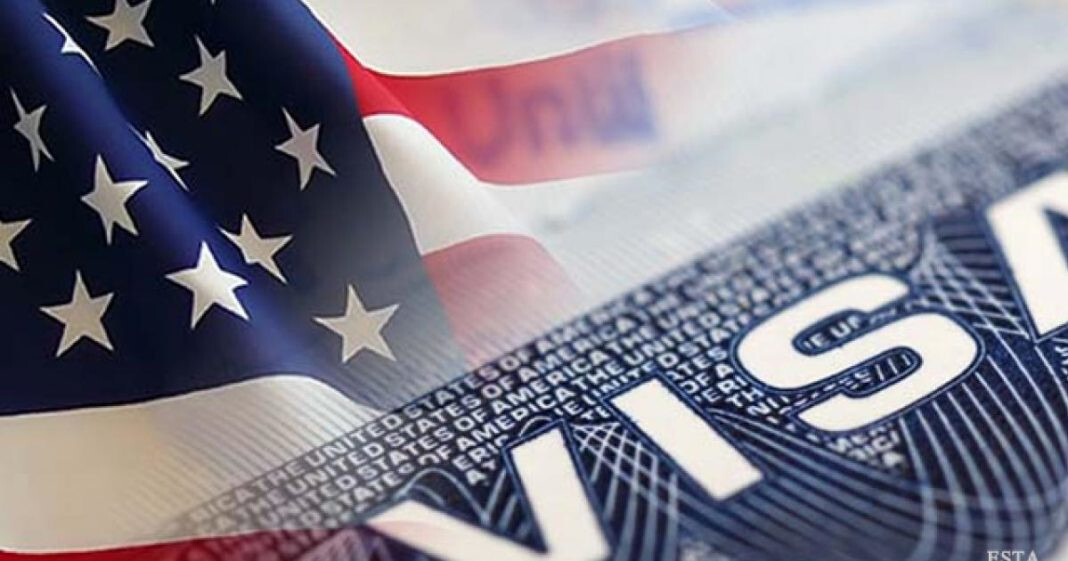
The U.S. Embassy in Paraguay has announced the resumption of visa application interviews, simultaneously releasing information on enhanced screening criteria. This announcement underscores that obtaining a U.S. visa is a privilege and reaffirms strict screening procedures aimed at preventing individuals who could threaten U.S. security from entering the country.
Resumption of Visa Interviews and Enhanced Social Media Screening
The U.S. Embassy in Asunción announced on Friday, June 20, 2025, that it will resume interviews for visa applicants. The embassy has requested that visa applicants set their social media accounts to 'public' as part of an in-depth screening measure. This aligns with regulations from 2019 requiring applicants for immigrant and non-immigrant visas to mandatorily provide social media account information.
The embassy emphasized, "We utilize all available information for visa screening and verification to identify applicants who are inadmissible to the United States, including individuals who pose a threat to U.S. national security." This is based on the principle that those seeking to enter the U.S. must not intend to harm U.S. interests, reiterating that a U.S. visa is a privilege granted to the recipient, not a right.
Entry Restrictions Under Presidential Proclamation
The embassy further noted that entry and visa issuance for citizens of certain countries may be suspended or restricted in accordance with the 'Presidential Proclamation on Securing the Border to Prevent Foreign Terrorists and Other National Security and Public Safety Threats from Entering the United States,' which took effect at 12:01 AM EDT on June 9, 2025.
The embassy explained that applicants subject to this proclamation may still submit visa applications and attend scheduled interviews, but they may not be eligible for visa issuance or entry into the United States. More detailed information is available at travel.state.gov.
Background and Purpose of Enhanced Visa Screening
Since the 9/11 attacks, the U.S. government has prioritized strengthening national security. Enhanced border control and visa screening are key policies to proactively prevent terrorists and criminals from entering the country. The recent announcement by the U.S. Embassy in Paraguay clearly demonstrates this commitment.
The request to make social media accounts public is interpreted as a measure to verify visa applicants' identities and backgrounds from various angles. Social media activity can provide crucial clues for understanding an individual's ideology, tendencies, and networks. This can be seen as an attempt to identify potential risks that could harm U.S. society, not just to investigate criminal records or terrorist affiliations. For example, sharing extremist ideologies or endorsing violent content could be grounds for visa denial.
Furthermore, repeatedly emphasizing that "a visa is not a right but a privilege" clarifies the U.S.'s intention to assert its sovereignty and justify denying entry to specific individuals. This is also an inherent right of a nation under international law.
Reward for Uruguayan National Marset Cabrera
Separately, the U.S. Embassy in Paraguay's Spanish website (https://py.usembassy.gov/es/) provides information on Uruguayan national Sebastián Enrique Marset Cabrera. He is wanted in the United States for money laundering and in Paraguay and Bolivia for drug trafficking. The U.S. is offering a reward of $2 million for information leading to his arrest or conviction.
This information indirectly suggests the importance of sharing crime-related information and international cooperation in the visa screening process. The U.S. utilizes international criminal databases and intelligence networks to identify high-risk individuals when screening visa applicants' backgrounds.
Important Considerations for Visa Applicants and Future Outlook
This announcement signifies that visa applicants worldwide, including those in Paraguay, must be even more diligent in their preparation and transparent in providing information to obtain a U.S. visa. In particular, social media activity has now become a significant factor that can influence visa screening, moving beyond a mere private domain.
Visa applicants should note the following:
Review Social Media Accounts: Before applying for a visa, check if your social media accounts are set to public and ensure there is no controversial or misleading content.
Provide Accurate Information: All information on the visa application form must be accurate and truthfully provided. Submitting false information can lead to visa denial and permanent ineligibility for future entry into the U.S.
Prepare for Interview: During the interview, answer questions clearly and concisely, maintaining an honest and consistent demeanor.
The U.S. Embassy's announcement demonstrates the U.S. government's continued strong commitment to national security and border control. U.S. visa screening is expected to become even more stringent and multifaceted in the future, requiring new levels of preparation and caution from visa applicants worldwide. Especially in a context of heightened international crime and terrorist threats, as governments globally tend to strengthen entry screening to bolster national security, these U.S. measures could also influence other countries' immigration policies.
[Copyright (c) Global Economic Times. All Rights Reserved.]





























